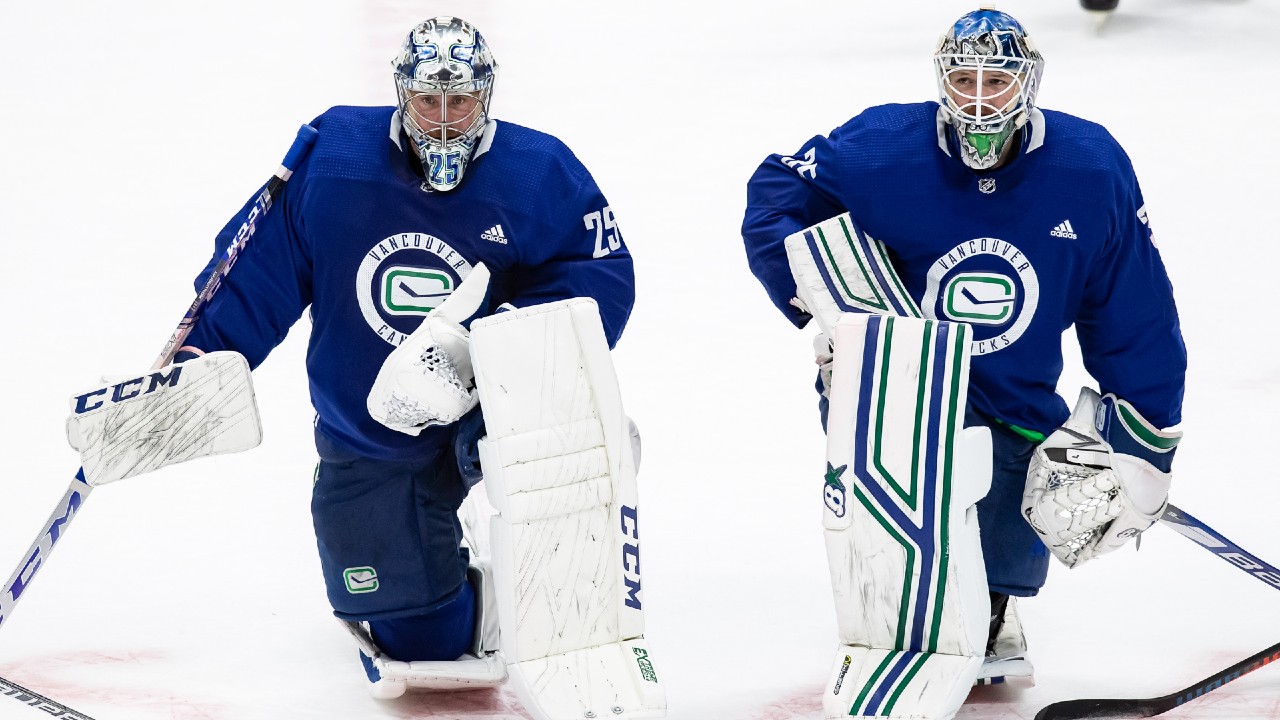TAMPA, Fla. (AP) — Lamar Jackson threw for 281 yards and five touchdowns, helping the Baltimore Ravens overcome an early double-digit deficit and extend their National Football League winning streak to five games with a 41-31 victory Monday night over the Tampa Bay Buccaneers, who lost their top two receivers to injuries.
The two-time NFL MVP improved to 23-1 against NFC teams, the best mark by a quarterback against an opposing conference in NFL history. He’s 3-0 against the Bucs (4-3), who faded after taking a 10-0 lead with help from the 100th TD reception of Mike Evans’ career.
Evans departed with a hamstring injury after Baker Mayfield tried to connect with him in the end zone again, and late in the fourth quarter with the game out of reach, leading Bucs receiver Chris Godwin was carted off the field with a left ankle injury. ESPN declined to show replays of Godwin’s injury, which appeared to be severe.
Jackson completed 17 of 22 passes without an interception, including TD throws of nine and four yards to Mark Andrews. He also tossed scoring passes of 49 yards to Rashod Bateman, 18 yards to Justice Hill and 11 yards to Derrick Henry, who rushed for 169 yards on 15 carries. Bateman had four catches for 121 yards.
The Ravens (5-2) rebounded from a slow start on defence, with cornerback Marlon Humphrey turning the game around with a pair of second-quarter interceptions — one of them in the Baltimore end zone. Jackson led a four-play, 80-yard TD drive after the first pick, and the second interception set up Justin Tucker’s 28-yard field goal for a 17-10 halftime lead.
Elsewhere in the NFL:
—
CARDINALS 17 CHARGERS 15
GLENDALE, Ariz. (AP) — Kyler Murray ran for a 44-yard touchdown and led the Cardinals on a drive that set up Chad Ryland’s 32-yard field goal as time expired, and Arizona rallied for a win over Los Angeles.
Cameron Dicker kicked his fifth field goal of the night — this one from 40 yards — to give the Chargers a 15-14 lead with 1:54 left. But the Cardinals (3-4) quickly moved into field goal range, aided by an unnecessary roughness call on Cam Hart that cost Los Angeles (3-3) 15 yards.
Arizona followed that with a bruising 33-yard run by James Conner, who finished with 101 yards on the ground. That eventually set up Ryland’s short field goal and a Cardinals celebration.
It was a frustrating night for the Chargers’ offence, which gained 395 yards but couldn’t find the end zone. Justin Herbert completed 27 of 39 passes for 349 yards.
Dicker booted field goals of 59, 50, 28, 47 and 40 yards, the first of which tied a franchise record for distance.
Murray ran for a spectacular touchdown early in the fourth quarter, rolling to his left before turning on the jets, beating safety Junior Colston to the sideline and then coasting into the end zone for a 14-9 lead.
It was Murray’s second long touchdown run in three weeks after he scored on a 50-yard sprint against San Francisco. It was also Murray’s 20th career game with a touchdown pass and run.
Murray completed 14 of 26 passes for 145 yards, one touchdown and one interception.
